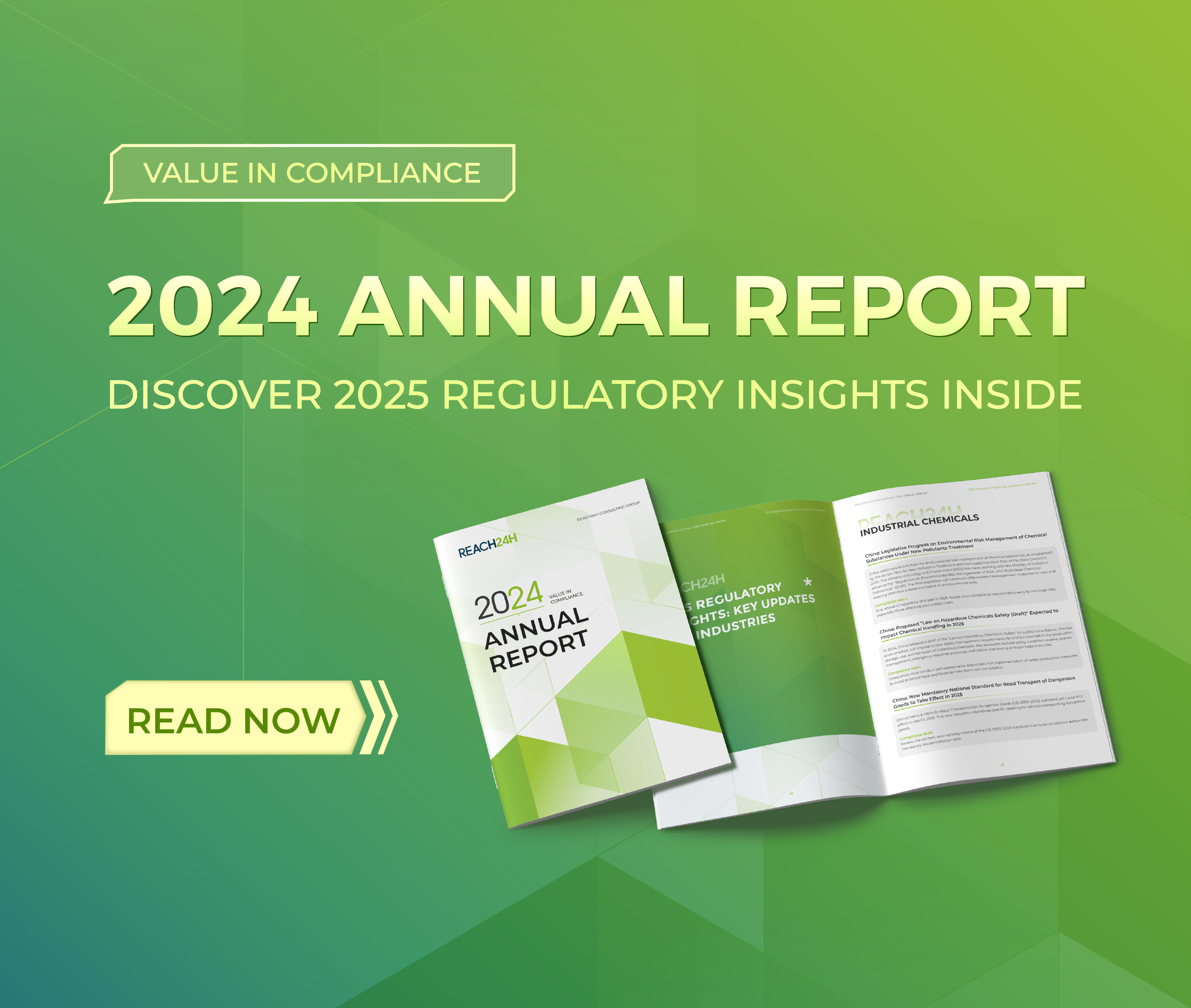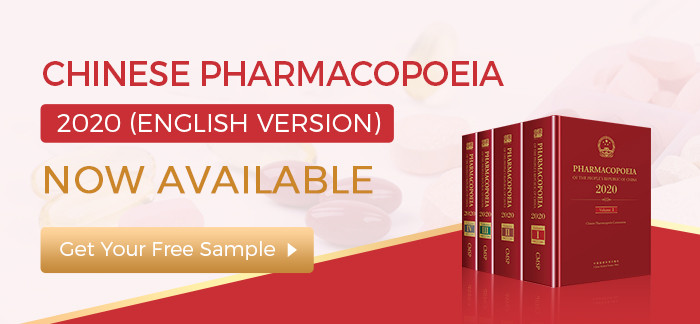Sunscreen Post-market Inspection Strengthened — Premarket Approval of Cosmetics NOT Once for All
Since January 10th, 2017, China Food and Drug Administration (hereafter referred to as CFDA) has notified unqualified cosmetics for 10 times, among which it involves many types of cosmetics and cosmetic companies at home and abroad. CFDA strengthens post-market supervision and inspection on cosmetics, which shows the authority’s attitude and determination and also bells the alarm for companies that quality always comes first, even after getting the administrative approval.
What are the specific regulatory requirements on cosmetics in market?
According to the Cosmetic Hygienic Management Regulation issued by the State Council in 1989, all cosmetics in China shall submit a series of documents to CFDA or local FDA before importation and sales to assess the safety and compliance of products. Compared with other major cosmetics trading countries, the pre-market registration procedures and technical review for cosmetics in China are super strict, especially for imported cosmetics. It needs the formula, package&label, manufacturing process, quality control specification, the relevant tests reports and so on to apply the pre-market administrative approval form CFDA, which is really time-consuming, especially for imported cosmetics, at least half a year.
What is the specific standard of CFDA’s post-market supervision and inspection?
According to the cosmetic regulation, CFDA regulates the specific content of supervision and spot inspection, including production license of manufacturer, administrative approval (filing certificate), license of cosmetic company and its validity and compliance, the compliance of label and administrative approval (filing certificate), legal label and claims, certificates and invoices. To avoid any inaccurate or unreasonable inspection results due to imperfect spot inspection system, CFDA issued a practice this year, named as Cosmetic Supervision and Inspection Practice, in order to standardize all local FDAs’ supervision and spot inspection, which shows CFDA pays high attention and rigorous and serious attitude on cosmetic spot inspection. This practice emphasizes that spot inspection shall follow the principles of scientific, impartial, fair and interest avoidance, striving for the accurate rationality of inspection results. More details of the practice see Food and Drug Supervision Office (2017) NO. 103.
How’s the recent spot inspection going?
Through analyzing the status quo of spot inspection notified by CFDA and some other local provincial FDA, it is clear that the authorities lays more close attention on cosmetic post-market supervision unequivocally and the determination to crack down unqualified products.
Until now, CFDA has notified unqualified cosmetics for 10 times this year, including 29 batches of unqualified anti-acne cosmetics, 5, 12, 9, 10, 15, 18, 28 and 25 batches of unqualified sunscreen, which indicate that special use cosmetics are the focus. Also some other local FDAs, like Ningxia, Xinjiang, Gansu, Sichuan, Shaanxi, Guangdong, Shanghai and Guizhou, disclosed 9 notifications of unqualified cosmetics, which mainly referred to special use cosmetics like hair perm, hair dye, and non-special use cosmetics like anti-acne, rinse-off, facemask, and lotion&cream. What’s more, CFDA and local FDAs are still in a busy and orderly execution of spot inspection.
All in all, it’s not difficult to find out that special use cosmetics is with much higher probability of spot checking, especially sunscreen attracting much more attention. As far as I can see, there may be two reasons, i.e., on one hand, there is specific limitation on utilizing the functional ingredients of special use cosmetics, like sunscreen and hair dyes, which may be harmful to human health if exceeding the limits, so the quality is regulated and managed very strictly and seriously. On the other hand, there is a huge demand on UV protection products in summer and with pretty wide range of applicable people including children, which thus needs to be supervised more strongly.
Which cosmetics are unqualified with spot inspection?
There are mainly four categories of unqualified reasons according to the spot inspection results:
a) Related to cosmetic ingredients: actual tested ingredients not complying with the administrative approval or formula, illegal adding prohibited or restricted ingredients
b) Related to quality control: pH value exceeding limits, microbial excess
c) Related to cosmetic label and claims: illegal functional claims, incomplete or wrong information on the labels, actual tested ingredients not complying with the label
d) Others: fake cosmetics or those without registration or filing
For those unqualified cosmetics, the related manufacturers (or proxy manufacturer) are commanded to revise (only claims on labels are not compliant) before deadline and then continue to sell products; even more seriously, CFDA commands all cosmetic related operators removing the products from shelves and stopping sales. CFDA deeply investigates the relevant purchase channels and cracks down producing and selling counterfeit and shoddy cosmetics. Those involving to committing a crime (suspected fake products) will be transferred to public security bureau by laws and regulations. We can see from above CFDA’s super strict attitude on spot inspection of cosmetics on market.
What’s more, compared with last several years, it’s not difficult to find out that CFDA strengthened spot inspection during the first half of this year than the same period last year, which shows that CFDA really pays close and serious attention on cosmetic post-market supervision and inspection.
What should companies pay attention to?
Successful registration or notification, or even passing one spot inspection does not mean that your products are safe once for all. The quality control on post-market cosmetics is also of premier importance. For the purpose of dealing with CFDA and local FDAs’ post-market supervision and inspection, I have some practical suggestions for different relevant parties according to the related regulations and our experience as following:
1、For cosmetic enterprises, they should comply with cosmetic regulations strictly and always keep the alarm ringing. Companies need to rigorously control every procedure, especially R&D, supplier management, materials purchase and manufacture. Setting up a strict and improved system of quality control standards will be a good approach to control every step from the very beginning. Meanwhile, improving internal management system is also important for companies to make sure sold products complying with registered ones exactly with the regulations, even the description words and claims on label and package, and also the key information like formula and manufacturer details. Quality first. Back to the source, when applying registration from CFDA, companies should follow the regulations and rules strictly, especially some key parts like formulation and ingredients, and keep it thoroughly the whole product life cycle.
2、For cosmetics seller companies, more close attention should be paid on regulatory updates, in order to inform the brand owner timely, through which it can help to keep the products compliant always. In addition, strengthening daily management need to be regarded importantly and seriously, which assures your sold products are qualified, safe and compliant with regulations and also protects your benefits.
3、As for the cosmetic consumers, just as CFDA warned, they should buy qualified authentic products through normal channels, ask for and reserve relevant receipts. If any public consumer finds that any notified unqualified products are still on sales, CFDA and local FDAs suggest timely report to the relevant authorities, to protect consumer’s rights and benefits better.




